Warning! Coronavirus droplets remain in the air for more than an hour after it is breathed out
By Benson | Published: July 13, 2020 01:16 PM2020-07-13T13:16:45+5:302020-07-13T13:16:45+5:30
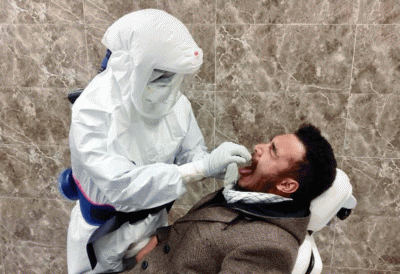
Professor Wendy Barclay of Imperial College London warned Covid-19 can remain in the air for extended periods of time after it's breathed out.
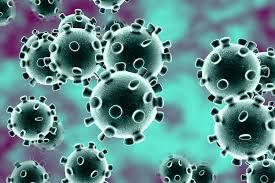
Professor Barclay said there was increasing evidence about the spread of the virus through particles, not just on objects that can be touched.
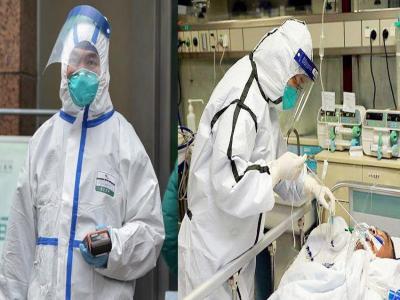
She told the BBC's Andrew Marr Show: “We do know that... the virus that causes Covid can remain viable, remain infectious in these very small droplets.“So that raises the possibility and indeed the likelihood that Covid can be transmitted through these small particles that can trace through the air.

“Laboratory studies where the virus has been purposefully put into the air tell us that the virus can remain there for more than an hour in its infectious form.”
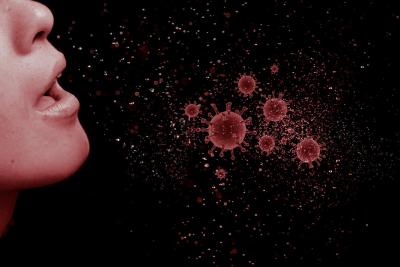
A report from the World Health Organisation said earlier this week that aerosol transmission cannot be ruled out.
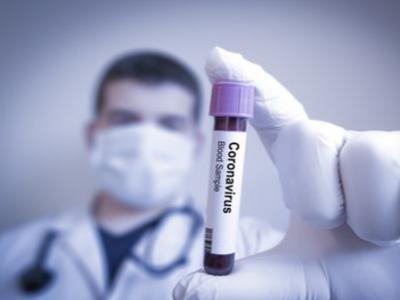
The WHO has maintained Covid is spread primarily through droplets from the nose or mouth, which are expelled via coughs, sneezes or speaking, rather than smaller particles.
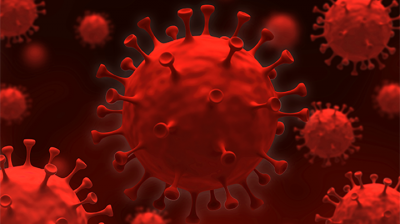
But there is "emerging evidence" of Covid-19 airborne transmission in "crowded, closed, poorly ventilated" settings, an official said. Scientists have repeatedly said it's harder for the virus to transmit from person to person outside.
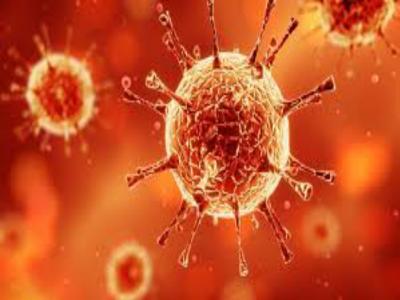
If the evidence is confirmed, it could affect guidelines for social distancing indoors.Extra measures could need to be taken to minimise recirculating air, and avoiding overcrowding. This morning Michael Gove said masks would not become compulsory in shops - despite Boris Johnson's suggestion the rules could be tightened up.
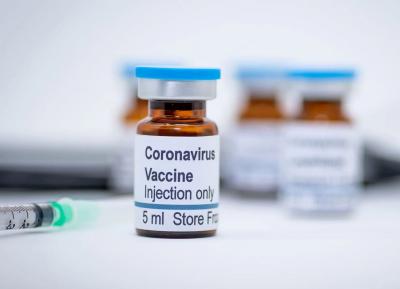
Professor Barclay said today that wearing a mask can stop some of the droplets from leaving your mouth and ending up in the air, if you are infected with the virus.Air conditioning units may not help with this, as they just push air around offices rather than use fresh air, she added.

















